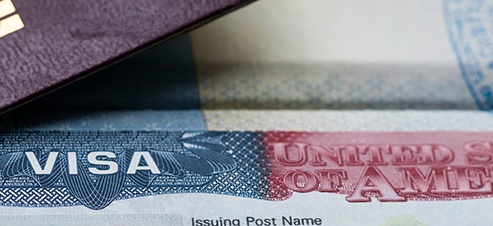
H1-B filing season is almost here- and there are changes coming
Learn what you’ll need to do to ensure that your employees are able to obtain their H-1B visas and begin work on October 1, and best practices for managing H-IB petitions, grace periods, and annual caps.
“H-IB Petitions, Grace Periods, and Annual Caps: Practical Insights on Mastering Filing Requirements Ahead of April 1 H-1B Petition Filing Deadline”
Live Webinar: Friday, March 8, 2019
1:30 p.m to 3 p.m. Eastern/10:30 a.m. to 12:00 p.m. Pacific
The U.S. Citizenship and Immigration Services (USCIS) has issued a notice of proposed rulemaking on the H-1B visa allocation process, often referred to as the “H-1B lottery.” The proposed rule would make two major changes to the H-1B process.
There are many concerns about this proposal, and perhaps most notably that USCIS has said it may not be possible for them to fully vet and implement an electronic registration of prospective H-1B employers before the fiscal year (FY) 2020 season opens.
What does this all mean for this H1-B filing season, which is scheduled to begin in April 2019? Find out at our all-new webinar with Elaine Young, a skilled immigration attorney are with Kirton McConkie who will provide insight into how to maneuver H1-B petitions in light of USCIS’ proposed rulemaking.
You’ll learn:
- How the proposed changes would impact employers in terms of registration and the annual lottery
- How to properly file H-1B petitions
- How H-1B workers are currently counted against the annual cap of available visas
- Special requirements for H-1B petitions, including educational documentation; employment experience, filing dates, grace periods and the Labor Condition Attestation (LCA)
- What occupations are considered “specialty” and eligible for H-1B status
- Alternatives to the H-1B—and the drawbacks of each
- What you should do right now—including the key information to gather—if you haven’t done so already to prepare for this year’s H1-B filing season
